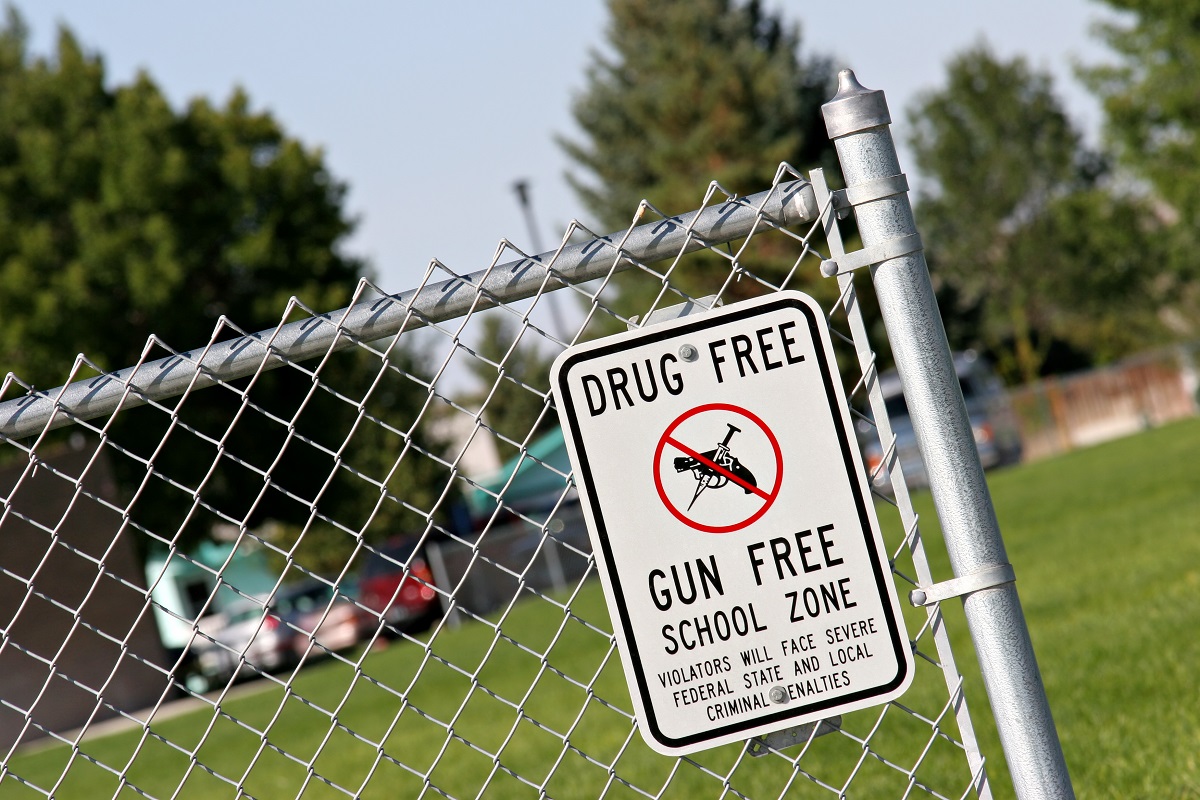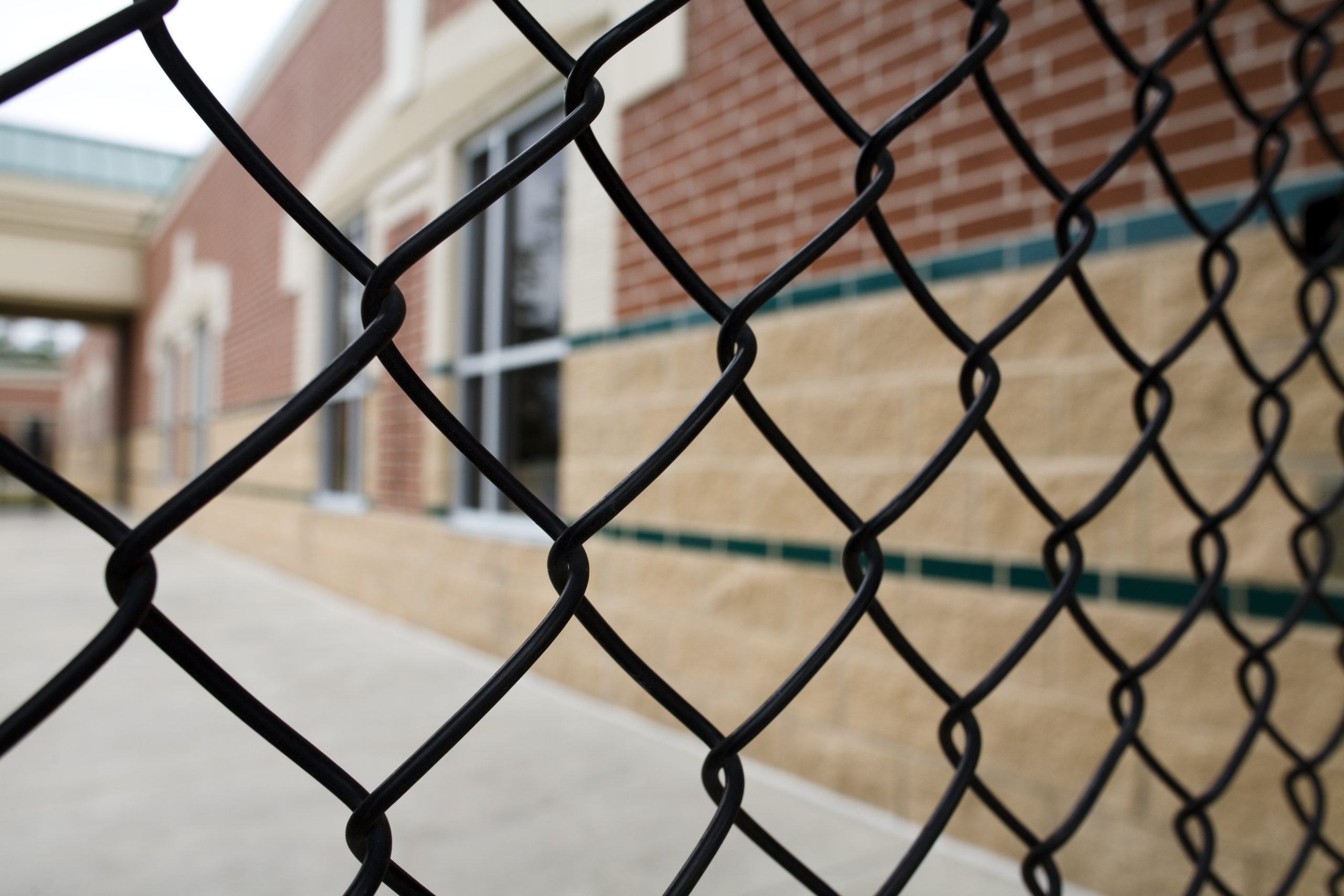Negative trends related to disproportionate disciplinary rates have crept back into schools following pandemic closures, according to first-year findings of the UCLA Center for the Transformation of Schools and UC Berkeley Center for Research on Expanding Educational Opportunity’s Race, Education, and Community Healing (REACH) Network.
The report, which examines the results of 10 diverse California schools implementing innovative strategies to reduce exclusionary discipline practices and foster positive school environments, was a key discussion topic during an Oct. 1 webinar that featured leaders from Los Angeles Unified School District and other participating local educational agencies sharing their firsthand experiences of implementing evidence-based alternatives to exclusionary discipline.
Panelists shared insights into the successes, challenges and practical tools being used in LEA to promote healthier relationships and positive school climates, and address inequities in school discipline that disproportionately affect students with disabilities and children of color. REACH Network school staff also led breakout sessions with attendees.
Among the key findings from year one, researchers noted that:
- Despite some signs of improvement, disparities continued to disproportionately impact specific student groups by factors including race, disability status, gender and socioeconomic status. Black students are consistently overrepresented across all suspension categories from 2017–18 to 2022–23.
- As students returned to campuses following COVID-related school closures, pre-existing disciplinary patterns quickly re-emerged.
“These findings highlight systemic issues that require our immediate attention,” said Michael Corral, REACH Network project director at the UCLA Center for the Transformation of Schools. “They underscore the urgent need to address inequities in our disciplinary practices, and to provide better support for our most vulnerable student populations. Understanding these challenges is critical to the first step of making meaningful changes.”
Research has long cited the links between exclusionary disciplinary practices to negative impacts on students. Students who are suspended are more likely to suffer academically, repeat a grade and drop out of school compared to students with similar characteristics who were not removed from the classroom. They are also more likely to be involved with the criminal justice system.
Studies have also found that all students in schools with harsh exclusionary discipline policies, regardless of whether or not they’ve been suspended, have lower test scores compared to students in lower-suspending schools.
Lessons learned
In addition to those who spoke during the Oct. 1 webinar, the report also included schools located in Yolo, Kings, Santa Clara, Alameda and Contra Costa counties.
Schools that are part of the REACH Network encompass a range of cultural backgrounds and “confront tangible challenges, including below-average academic proficiency rates and high levels of chronic absenteeism,” according to the report.
These sites have begun adopting approaches to address disciplinary challenges shown to help foster positive, equitable learning environments. These approaches include cultivating a culture of empathy and support, targeted professional development, increased or improved family and community engagement, and the use of data-driven decision-making.
The first year provided several lessons, researchers concluded. For example, strong leadership is essential for successful implementation, collaboration is crucial, sustaining momentum requires ongoing support and consistency is critical for measuring progress.
In response to lessons learned, researchers also provided recommendations to guide the REACH Network’s second year of implementation, including:
- Secure multiyear funding and expand resources to sustain and scale the reach network’s impact.
- Implement comprehensive, whole-school restorative practices.
- Invest in robust, culturally responsive professional development for all school staff.
- Commit to long-term, systemic change.
- Leverage data-driven decision-making.
- Enhance family and community engagement.
- Address implementation challenges.
- Focus on equity and cultural responsiveness.
- Align with and enhance state initiatives.
“This work is not easy. It takes years, but the work we’re doing is critical for the young people, their families and communities,” said Joseph Bishop, executive director and co-founder of the UCLA Center for the Transformation of Schools. “We’re all excited to see what this network will become … and fingers crossed this becomes a permanent investment for the State of California.”





